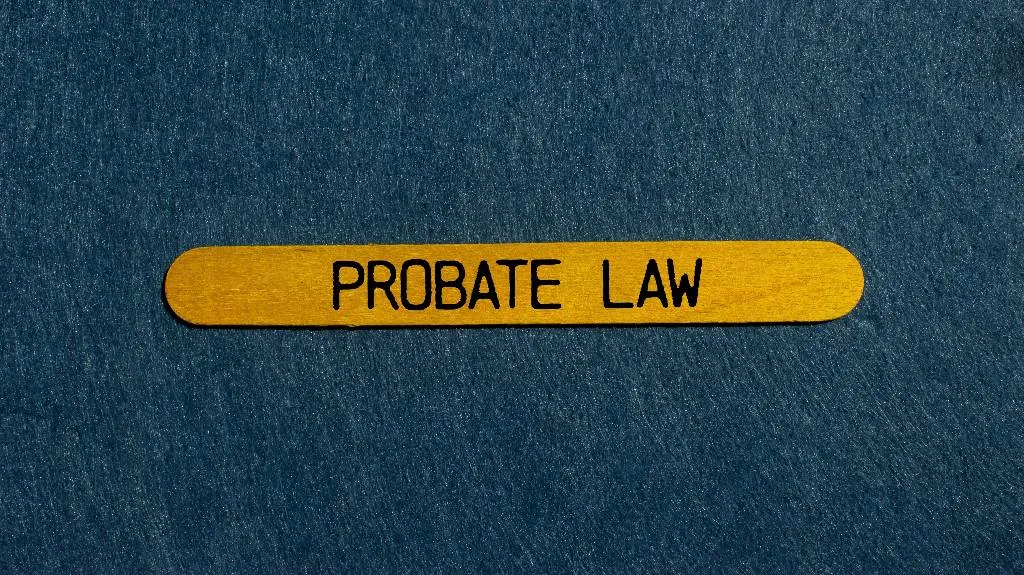Estate planning is a critical process for all individuals, but it is especially important when confronted with a terminal illness. It is imperative to ensure that one’s legal and financial affairs are in order, despite the overpowering emotional and psychological toll of such a diagnosis. Comprehensive estate planning can offer residents of Rocklin, Roseville, and Granite Bay the assurance that their wishes will be honored and their loved ones will be cared for after their passing.
This article will investigate the primary elements of estate planning for individuals with terminal illnesses, with an emphasis on the advantages of having a well-organized plan, legal considerations, and essential steps.
Understanding the Significance of Estate Planning
Estate planning is the process of determining the distribution of your assets after your death, the management of your affairs in the event of your incapacity, and the fulfillment of your medical care preferences. Time is of the essence for individuals with a terminal illness, and a well-defined plan can alleviate the stress on loved ones during an already challenging period.
It is not uncommon for individuals in the communities of Rocklin, Roseville, and Granite Bay to have amassed substantial assets, such as real estate, investments, and business interests. Estate planning guarantees that these assets are distributed in accordance with your preferences, thereby minimizing the likelihood of disputes among successors and reducing the tax burden on your estate.
The following are the primary components of estate planning for terminal illness:
1. Last Will and Testament
The foundation of any estate plan is a Last Will and Testament. It enables you to designate beneficiaries for your assets, appoint an executor to manage your estate, and specify guardians for any minor children. It is essential for individuals who are afflicted with a terminal illness to review and revise their will to account for any alterations in their circumstances, such as the acquisition of new assets or changes in family dynamics.
The testator (the individual who is making the will) must sign the will in writing, and at least two individuals who are not beneficiaries of the will must witness it in California1, which includes Rocklin, Roseville, and Granite Bay. In the absence of a will, California’s intestacy laws will govern the distribution of your estate, which may not be consistent with your intentions.
2. Advance Healthcare Directive
In the event that you become incapacitated, an Advance Healthcare Directive enables you to designate a healthcare agent to make medical decisions on your behalf. It also allows you to indicate your preferences for end-of-life care, such as whether you prefer hospice care or life-sustaining treatment.
It is imperative to have an Advance Healthcare Directive due to the character of a terminal illness. It ensures that your medical care is consistent with your values and alleviates your loved ones from the burden of making challenging decisions during a period of emotional distress.
3. Durable Power of Attorney
A Durable Power of Attorney enables you to appoint an individual to oversee your financial affairs in the event that you are unable to do so yourself. This may encompass the management of investments, the payment of invoices, and the execution of real estate transactions.
A Durable Power of Attorney is especially crucial in Rocklin, Roseville, and Granite Bay if you have intricate financial assets, such as multiple properties or business interests. In the absence of it, your family may be compelled to engage in a protracted and expensive legal process to regain control over your financial affairs.
4. Revocable Living Trust
A Revocable Living Trust is a commonly used estate planning instrument in California, including Rocklin, Roseville, and Granite Bay, as a result of its flexibility and advantages. A living trust enables you to transfer ownership of your assets to the trust, with yourself serving as the trustee. During your lifetime, you may continue to oversee the assets. Upon your passing, the successor trustee you designate will distribute the assets in accordance with your instructions.
The avoidance of probate, a long and costly procedure, is one of the primary advantages of a living trust. This means that your heirs can access their inheritance more swiftly, and the details of your estate remain private, which is beneficial for individuals with terminal illnesses.
5. Designations of Beneficiaries
Regardless of the provisions of your will, certain assets, including life insurance policies, retirement accounts, and payable-on-death (POD) bank accounts, are transferred directly to the beneficiaries you have designated. It is crucial to evaluate and revise these designations to guarantee that they accurately represent your current intentions.
For instance, it may be beneficial to revise your beneficiary designations to include your new spouse or children if you have recently remarried or had children. Failure to do so could lead to unintended beneficiaries receiving these assets.
6. Planning for Estate Taxes
Although California does not have a state estate tax, federal estate taxes may be imposed if the value of your estate exceeds the federal exemption limit, which is $13.61 million per individual in 20242. Proper tax planning can alleviate the tax burden on your descendants for residents of Rocklin, Roseville, and Granite Bay who possess substantial estates.
Strategies may involve the establishment of irrevocable trusts, the reduction of the size of your taxable estate through lifetime gifts, or the utilization of charitable giving options. It is imperative to consult with an estate planning attorney who is well-versed in the intricacies of federal and California tax laws in order to effectively implement these strategies.
7. Instructions for Funeral and Burial
Although it may be challenging to contemplate, leaving your loved ones with explicit instructions regarding your funeral and burial can alleviate additional tension during their time of mourning. These instructions may be incorporated into your will or a distinct document that specifies your preferences.
Consider indicating your preference for a traditional burial or cremation, any religious or cultural traditions you wish to observe, and the manner in which you would like your funeral service to be conducted. By informing your loved ones of these specifics beforehand, you can guarantee that your intentions are acknowledged and honored.
The Function of an Estate Planning Attorney
It is essential to collaborate with an experienced estate planning attorney, particularly when addressing the intricacies of planning for a terminal illness. An attorney can assist you in navigating the legal requirements of California, ensuring that your documents are drafted and executed correctly, and providing guidance on more intricate issues, such as trust administration and tax planning.
The Filippi Law Firm, P.C. provides estate planning services that are customized to the specific needs of residents of Rocklin, Roseville, and Granite Bay. Our objective is to ensure that your estate plan is in accordance with your desires and safeguards your loved ones, thereby granting you a sense of tranquility.
Conclusion
Estate planning is an essential step for individuals who are diagnosed with a terminal illness. By dedicating the necessary time to the development of a comprehensive plan, you can guarantee that your wishes are fulfilled, your loved ones are taken care of, and your legacy is preserved. Working with an experienced estate planning attorney can be instrumental in attaining these objectives for individuals residing in Rocklin, Roseville, and Granite Bay.
Please do not hesitate to reach out to the Filippi Law Firm, P.C. if you have any inquiries or would like to discuss your estate planning requirements. Compassion and expertise are the qualities that our experienced attorneys possess, and they are available to assist you during this difficult period.
—
References:
1. California Probate Code §6110 – Execution and Revocation of Wills.
2. 2024 IRS, Estate, and Gift Tax FAQs.




